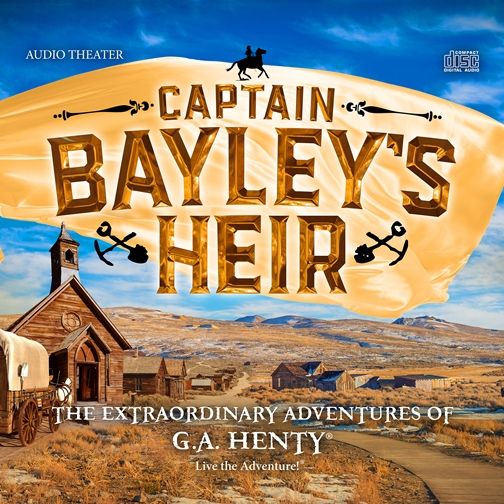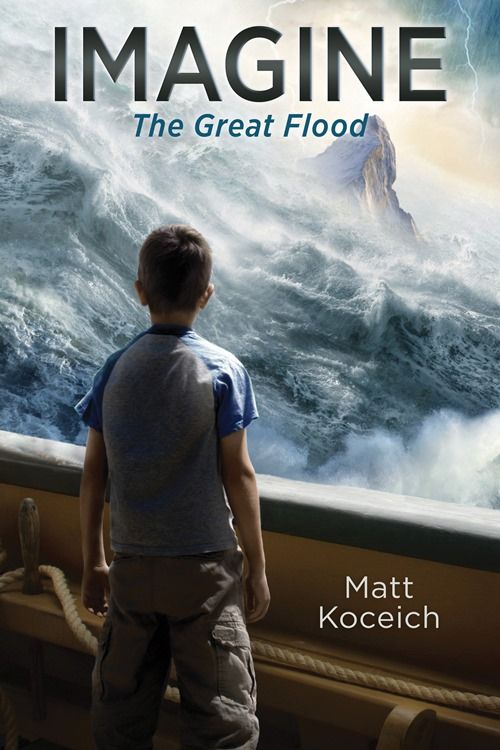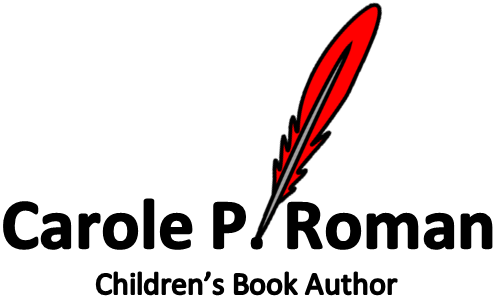
I was excited when I saw that there was to be a second review for
Heirloom Audio Productions, because we enjoyed the first title that we did for them,
In the Reign of Terror, was so much fun, and I was excited to listen to a second title,
Captain Bayley's Heir, when we were given the opportunity. Captain Bayley's Heir is an audio drama on 2 CDs, and there is a downloadable study guide to go with with, which is part of their
Live the Adventure Club. In addition to the study guide, the club has the soundtrack, extra activities, old time radio dramas, and a number of other features. Captain Bayley's Heir is based on a book of the same title, by G.A. Henty.
The main story is about Frank, a student at Westminster, who is falsely accused of theft, and of his adventures in leaving London for America and the American goldrush. In addition, there is also the tragic story of the missing daughter of Captain Bayley, Frank's uncle -- who is played by John Rhys Davies, and his voice is just
delicious. Davies also played Gimli in The Lord of the Rings, but here, where it's just his deep, rich voice, I think I like him even better.
The story sometimes gets intense: the wagon train, as many were, was attacked by Indians. I was really impressed with how this was handled in the story: the listener's sympathies automatically follow the main character, and he is appalled that they should be attacking and killing the settlers crossing the Great Plains. However, one of the experienced trailmen he is traveling with asks him some searching questions ending with, "What would you do, in their place?" Frank does not answer, but there is certainly food for thought there. (The study guide looks closely at this scene.) In the course of the attack, Frank kills one of the men that has attacked the wagons. This is also handled very well, allowing the listener to see the turmoil that it causes Frank, though without dwelling unduly on it. It's an intense scene. We have taught our children that
self-defense is not only moral, but can be a moral imperative in certain instances. I think that it is good that they should meet some of the consequences of self-defense in the literature they are exposed to. Probably, hopefully, it will never come to that for them, but if not, then I want them to have a framework for coping with it, and literature like this can help to build it.
Immediately after the attack, the next scene is much more tranquil: that evening, just before bed, one of the men pulls out his harmonica (recently introduced from Germany, and all the rage), and plays Amazing Grace. Again, I love the way that this is handled: they credit their survival to God, and are grateful for His protection. They tell of the composer of the hymn, John Newton, who apparently was a slave ship captain prior to his conversion, and became a priest after. There's so much to love there: the way that the story shows God's care for Frank and his companions, the example of turning to God for protection and in gratitude, the story of a "wretch" -a slaver- rescued by Christ.
"You can't earn Grace, Frank. It's a gift."
Grace is a major theme of the story, and you see it all over the place: Captain Bayley learning from the experience with his daughter, and finding redemption from his early errors with her, to Frank learning to respect himself, and finding peace with God. That was a particularly interesting story thread, as Frank was innocent of the charges against him, but I think that underscores the healing power of Christ all the better.
As with In the Reign of Terror, there is an extensive study guide (38 pages), giving background information on G.A. Henty, helping with tricky vocabulary, and encouraging students to dig a little deeper into the book. There are sections for each chapter on "Listening Well", "Defining Words", and "Thinking Further". Additionally, there are "Expand Your Learning sections that give historical context to the story.

In some sections of "Thinking Further", I see terminology that makes me aware that these are probably written from a Protestant understanding of Christianity, but I don't think that it would be a problem at all to use this study guide to further teaching the Mormon (or other non-Protestant) understanding of Christian theology; they are great at asking questions without telling the student the "right answer" (something I always approve of), and at sticking to just suggesting verses in the Bible that are relevant, and letting the student work it out, rather than holding them by the hand and pulling them to the intended answers. These qualities make it more useful as a support to meaningful learning because they expect the student to act in their own learning, rather than anticipating that the teacher will be acting upon the students in giving them their wisdom. This also makes it extremely successful at being non-denominational, and thus useful to many different types of Christians.

We very much enjoyed Captain Bayley's Heir, and I can happily recommend it to my friends and readers. This was an excellent production.
If you want to read more reviews of Captain Bayley's Heir Audio Drama click the banner below.


















